Boosting trade, transit with Caucasus serves Iran’s interests, natl. security: Report
An Iranian parliamentary body has proposed a set of measures meant to maintain the country’s active role in the South Caucasus, which was recently the scene of a military conflict between Armenia and the Republic of Azerbaijan, saying an “effective presence” in the volatile region serves the Islamic Republic’s interests and national security.
A report compiled by the Parliament (Majlis)’s Research Center, released on Tuesday, said Iran’s active engagement in the region, especially in the wake of recent military conflict between the two estranged neighbors, had assumed more significance than ever.
The latest standoff between the two warring sides that lasted more than two months, from September to November 2020, ended with a Moscow-brokered ceasefire.
Baku, which was militarily and financially backed by some of its regional allies, prevailed in the end, overrunning large swathes of the disputed mountainous region of Nagorno-Karabakh.
In its report, the Center, headed by senior lawmaker Alireza Zakani, said the outcome of the latest escalation had other consequences that could prove detrimental to Iranian interests in the Caucasus.
It said Tehran must take steps to reduce the unfavorable impact of the conflict on its national security and other interests in the region.
Turks and Israelis in Caucasus
The report pointed to the involvement of Turkey and the Israeli regime in the latest conflict, which it said paved the way for Azerbaijan’s victory over Armenia.
“Contrary to early 2000, when Turkey refrained from even raising the issue (of Nagorno-Karabakh) in media, this time, with the direct military aid of Turkey on one hand, and support of the Israeli regime on the other hand, Azerbaijan succeeded in seizing back control over some parts of the disputed territory,” the report said.
In the conflict, it added, the military equipment that Israel provided to Azerbaijan boosted the capabilities of Azeri forces in the conflict, leading to “new conditions” in their bilateral ties.
Flags of the Zionist regime and Turkey were hoisted in many parts of Azerbaijan during the war, which was followed by a meeting between a top Azerbaijani cleric and an Israeli envoy, the report said.
Drawing attention to Turkey’s role in Azerbaijan’s victory over Armenia and how it has increased Ankara’s influence in the region, the report warned that if Turkey managed to build a corridor through Azerbaijan to the autonomous region of Nakhichevan, it could cut off Iran’s access to the region.
It suggested several measures to safeguard Iran’s interests in the Caucasus.
The report proposed speedy completion of the international north–south transport corridor (INSTC), a 7,200-km-long multi-mode network of ship, rail, and road route for moving freight between India, Iran, Afghanistan, Azerbaijan, Russia, Central Asia and Europe, as well as east-west transit corridor.
It also called for an increase in transportation and transit routes with Azerbaijan, especially in the newly liberated areas like Khodaafarin to meet the needs of country.
The report also suggested facilitating exchanges between the two parts of the territory of Azerbaijan with Nakhichevan through Iran besides completion and repair of road in the border region between Iran and Armenia, a small part of which remains inside Iran.
It said the road connectivity between Iran and Armenia can both help the country’s foreign economy and pave way for Iran’s active engagement in the region.
Iran’s role in de-escalation
Pertinently, Iran played an instrumental role in de-escalation of recent tensions between Azerbaijan and Armenia, without taking sides.
The country’s deputy foreign minister Abbas Araghchi made multiple trips to Azerbaijan, Armenia, Turkey and Russia during the war with a peace plan before Russia brokered a ceasefire.
Iran welcomed the peace deal between Baku and Yerevan to end hostilities and hoped it would “lead to final arrangements in establishing sustainable peace in the Caucasus.”
Tehran has repeatedly called for a permanent solution to the protracted conflict, even showing its readiness to play a role in ending the longstanding hostilities between the two neighbors.
Iran, which shares border with both Azerbaijan and Armenia, has traditionally maintained a neutral stance on the Karabakh conflict.
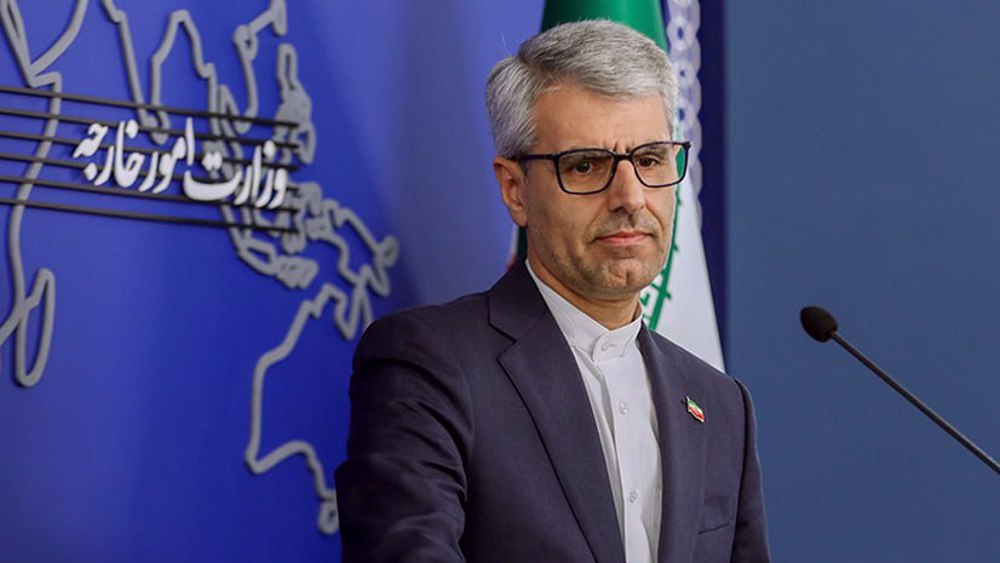
Iran: Second round of indirect talks with US will be held in Oman
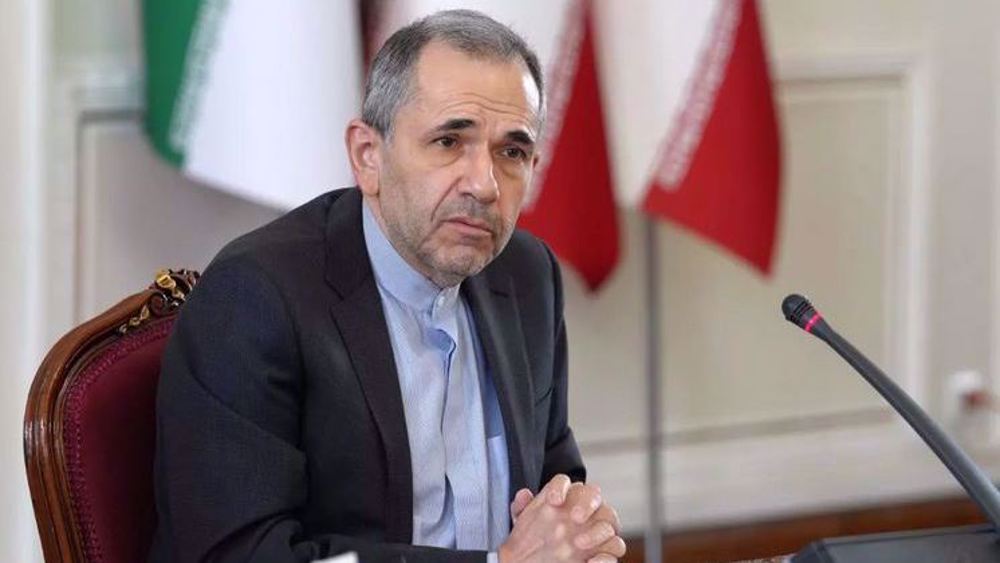
Iran, Armenia should elevate ties to strategic partnership: Deputy FM
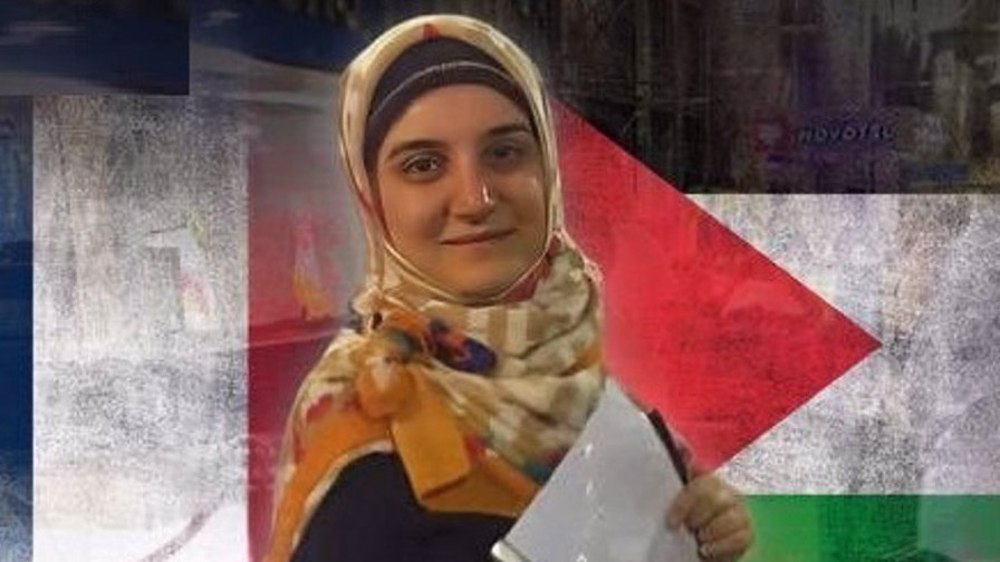
French police detain female Iranian academic to silence anti-Israeli genocide voices
Full-blown famine grips Gaza as 91% of population faces extreme food insecurity: NGO
VIDEO | Press TV's news headlines
Iranian FM informs Saudi counterpart about indirect talks
VIDEO | Pakistani parliament adopts resolution against Israeli atrocities in Gaza
Iran: Second round of indirect talks with US will be held in Oman
China urges US to ease trade tensions via ‘equal dialogue’
‘Hamas not defeated, military overstretched’: Israeli army chief
Iran, Armenia should elevate ties to strategic partnership: Deputy FM


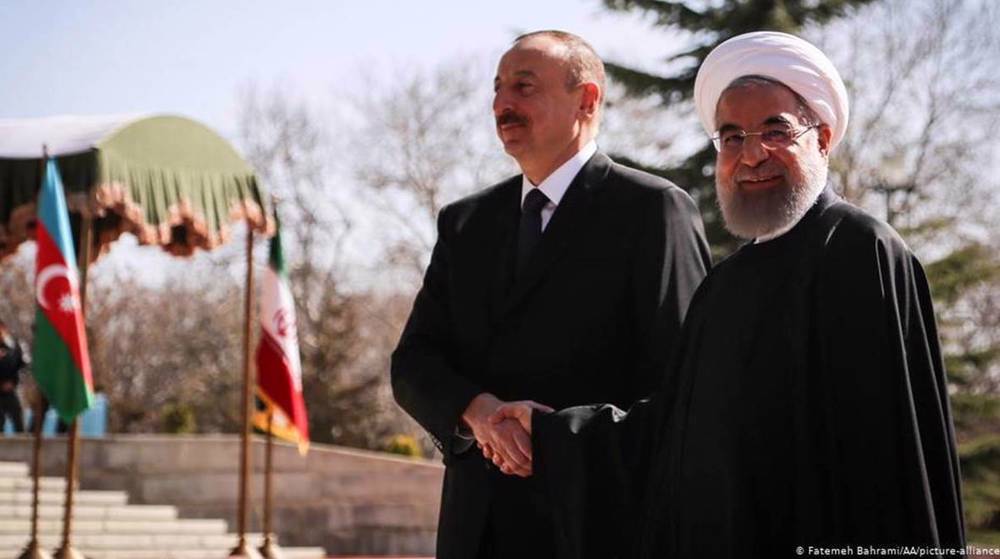





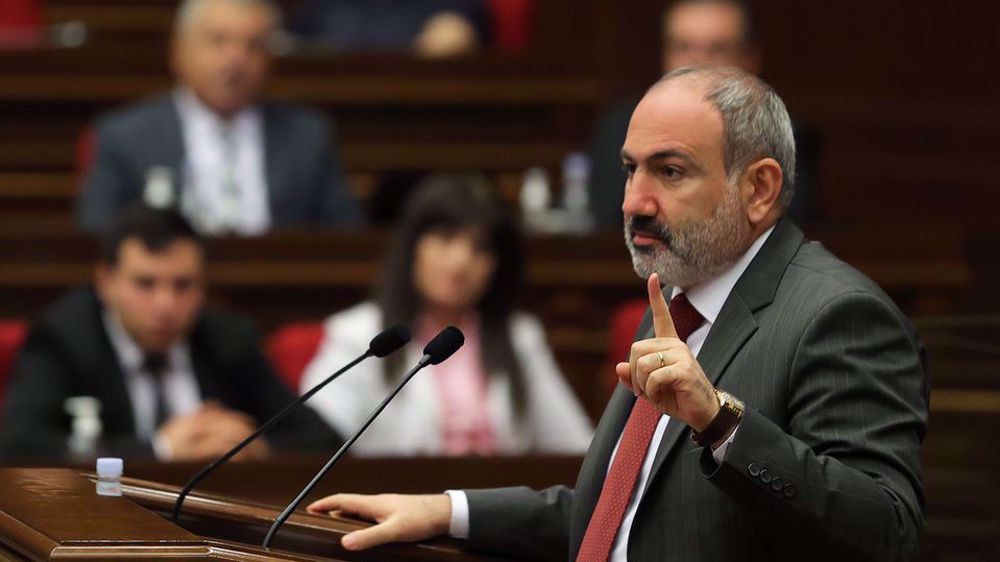
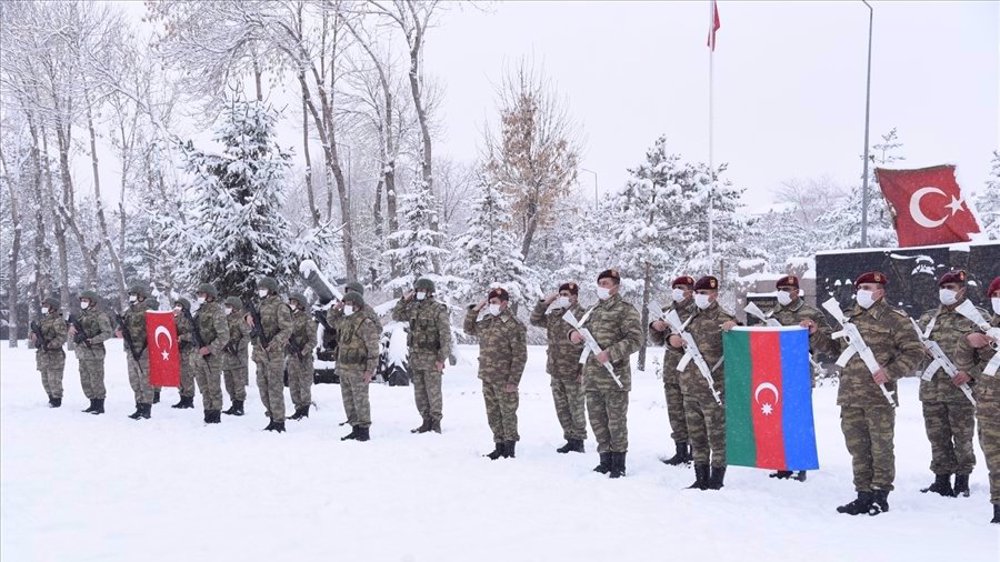




 This makes it easy to access the Press TV website
This makes it easy to access the Press TV website